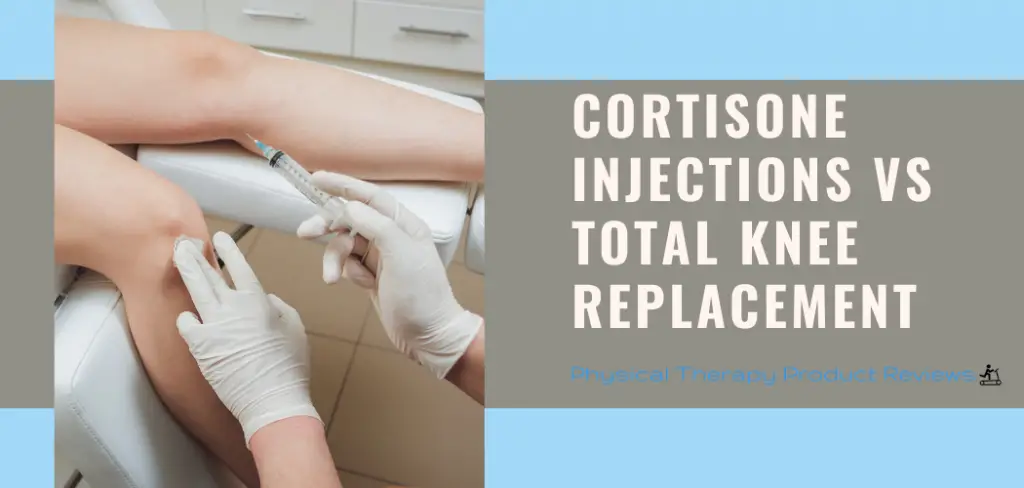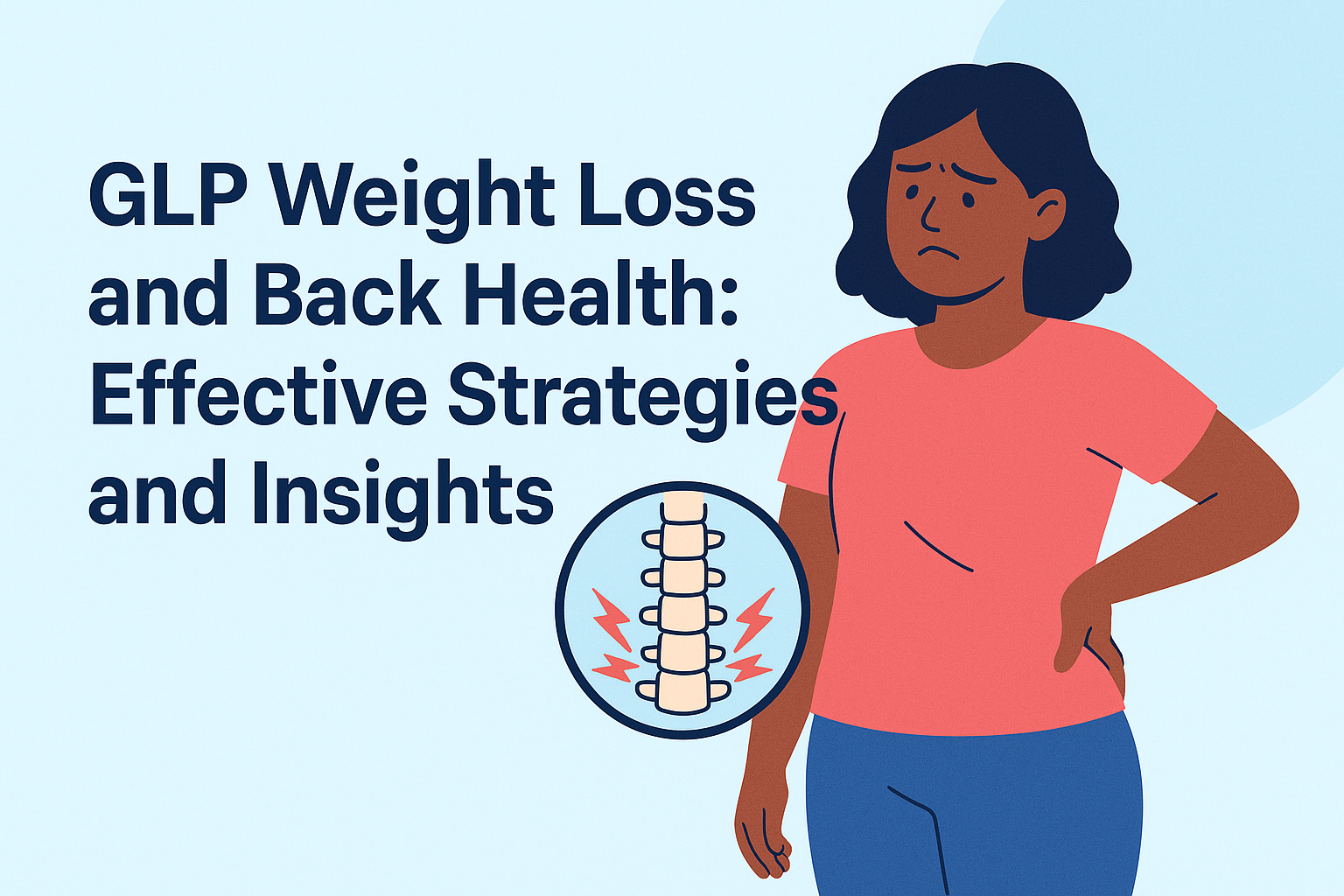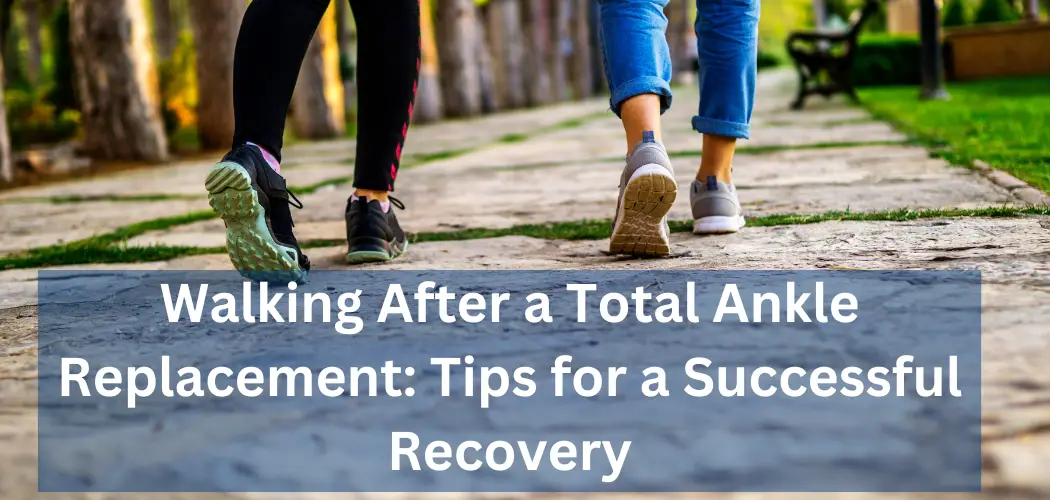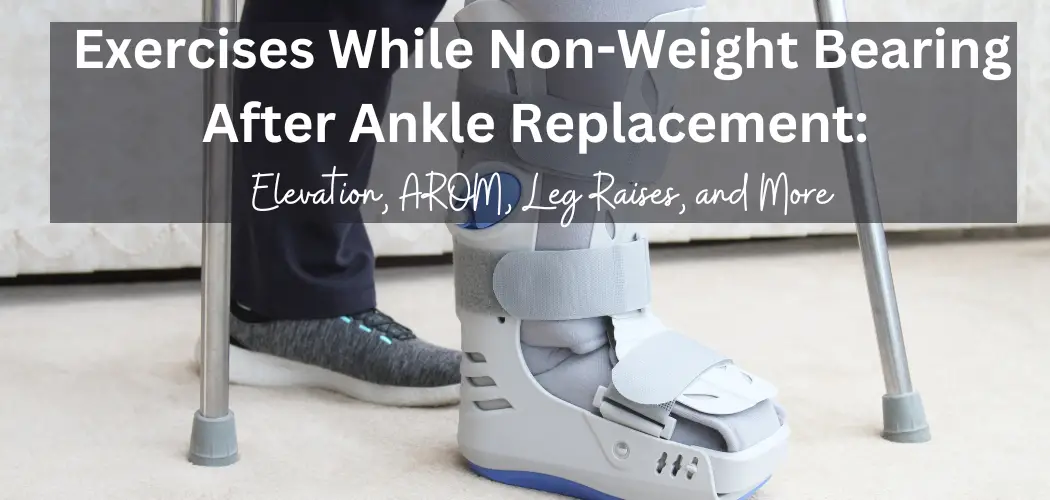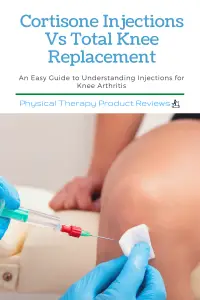 Enduring chronic pain affects every aspect of your daily life. You become short-tempered with the people around you, stop doing things that you enjoy, and stay in a generally unpleasant mood. The good news is that there are ways to eradicate pain so that you can get back to your old self.
Enduring chronic pain affects every aspect of your daily life. You become short-tempered with the people around you, stop doing things that you enjoy, and stay in a generally unpleasant mood. The good news is that there are ways to eradicate pain so that you can get back to your old self.
Have you been considering cortisone injections to relieve knee pain? Or are you wondering if you should bite the proverbial bullet and have a total knee replacement?
The following article will give you insight on this subject and may help you decide which route is best for your situation. What may work for one individual may not work for you. It’s always important to discuss your concerns and options with your doctor.
Cortisone Injections - What You Need to Know
Cortisone, or corticosteroids, is used for the treatment of pain and inflammation of the joints. In this article, we are specifically referring to the knee joint.
The injection of a corticosteroid temporarily blocks the cellular signal pathway that is coming from the damaged tissue in or around your knee which reduces pain and swelling in your joint. If swelling and inflammation are the primary cause of the pain then cortisone should be effective.

The most common ailments that doctors use cortisone injections for in the knee include:
- Osteoarthritis
- Patellar Tendonitis
- Pes Anserine Bursitis
These conditions can cause inflammation, swelling, and severe pain when trying to perform your normal daily activities.
There is some debate about whether or not it is safe and effective to use cortisone injections and how often they should be used. Cortisone injections are typically a “quick-fix” that people use to get through their daily lives when they are trying to avoid having surgery.
Many athletes will use cortisone injections to reduce pain so that they can play in their big games. Other people may get the injections if they have an extended vacation coming up and want to be able to participate in all the activities that they have planned without feeling the nagging pain coming from their knee joint.
Whatever your reasoning may be, discuss your options with your doctor to determine if cortisone injections are the best and safest option for your situation.
Cortisone Injections - How Often Can They Be Administered?
How often you can receive injections of cortisone depends entirely upon what you and your doctor decide is best for your situation.
Cortisone injections are a temporary solution to your chronic knee pain. They can potentially give you pain-reducing benefits anywhere from six weeks to six months after they are administered.
We commonly see that insurance companies with not approve more than 3 Cortisone Injections per year to offset the negative effects of continued injections.
Risks of Cortisone Shots
Cortisone Injections - Success Rate
You may be wondering how successful cortisone injections are. This truly depends on the person and their situation; however, most individuals receive a great deal of relief from taking these injections.
The length of time may vary for each individual, but the overall consensus is that yes, they are successful in relieving pain caused by swelling and inflammation in the joint.
Cortisone Injections - Can They Delay Having Surgery?
You may be wondering if you can safely put off having a total knee replacement surgery if you opt for cortisone injections. This, once again, is a case-by-case situation.
You can often delay having to have a total knee surgery by getting Cortisone Injections. However, the effectiveness tends to decrease each time.
If you live a healthy lifestyle and are in overall decent shape, then many times you can prolong the surgery process by taking injections to relieve your pain.
How will you know if it is time for a total knee replacement?
- If you have cortisone injections and the relief you feel does not last as long as it once did, it is probably time for a total knee replacement.
- If you are taking medications that will not react well with the corticosteroids it may be best to have the surgery.
- If you have tried every other non-surgical option and you are still experiencing major discomfort that affects your daily activities.
Cortisone Injections vs Total Knee Replacement
Knowing when it is time to stop the cortisone injections and move onto getting your knee replaced is crucial. This is where good communication with your doctor becomes important.
Many doctors will not perform a total knee replacement if you have had cortisone injections too close to the surgery date because they can actually delay healing of the damaged tissue post-surgery.

Think of a Cortisone Injection as a temporary band-aid to joint damage. You can slow it down and make it feel better for a short while. However, the Total Knee Replacement is the permanent fix that everyone eventually ends up at.
If you think you are approaching the possibility of a total knee replacement it is probably best to discontinue any type of injections so that you can have the best outcome possible after your surgery.
Cortisone Injections and Insurance - Are They Covered?
Good news! Yes, in most cases insurance will cover your cortisone injections, so you have one less thing to worry about.

It is always a good idea to check with your particular insurance company first to be sure. There is nothing worse than receiving an unexpected bill six months down the road for something you thought was going to be covered by your insurance.
Most of the time your doctor will ask your insurance company for approval before doing anything anyway, but it’s still a good idea to cover your butt and check yourself.
FAQ Regarding Cotisone Injections
Can Cortisone Injections Make My Knee Pain Worse?
Yes, sometimes receiving Cortisone injections can make the knee feel worse especially the first 24-48 hours after the injection. The injection puts more fluid into the joint and that fullness can be uncomfortable.
Does Cortisone Reduce Knee Pain?
Cortisone can reduce knee pain but it doesn’t work on everyone. Around 40% of people who receive Cortisone knee injections report some improvement but that leaves a majority of people who do not notice much benefit.
Why is Cortisone Bad for Knees?
Cortisone can damage and slow the repair of the articular cartilage of the knee. Cortisone has been shown to slow tissue synthesis and regeneration which can actually speed up Arthritis is in the long term. this is the reason more than 3 Cortisone injections are not recommended per year.
Why Didn’t the Cortisone Injection Work?
The primary mechanism for Cortisone to help with pain is to reduce inflammation and swelling. If inflammation is the primary pain generator then Cortisone should be effective. However, inflammation is not always present, especially in chronic conditions such as knee arthritis. You can have joint wear and tear without having swelling. In this instance, Cortisone will not be as effective in reducing pain.
Knowing the Facts Makes Deciding Easier
Now that you know the ins and outs of cortisone injections you and your doctor can make an educated decision about whether or not you should wait or have a total knee replacement. Whichever route you choose, remember that a healthy lifestyle and positive outlook on life will help your pain and recovery more than anything.
Sources:
(https://springloadedtechnology.com/2019/06/cortisone-shots-in-the-knee/),
(https://www.mayoclinic.org/tests-procedures/cortisone-shots/about/pac-20384794),
Other Great Rehab Related Articles
GLP Weight Loss and Back Health: Effective Strategies and Insights
How to Stay Active After Cervical Fractures: Expert Tips and Advice
Dealing with Painful Stairs After Ankle Replacement Surgery
Walking After a Total Ankle Replacement: Tips for a Successful Recovery
Exercises While Non-Weight Bearing After Ankle Replacement: Elevation, AROM, Leg Raises, and More
Ankle Pain with Stairs: Causes and Home Treatment Options
Disclaimer: The information provided in this post is for educational purposes only. This is not a substitute for a medical appointment. Please refer to your physician before starting any exercise program.
